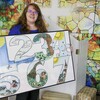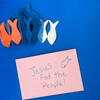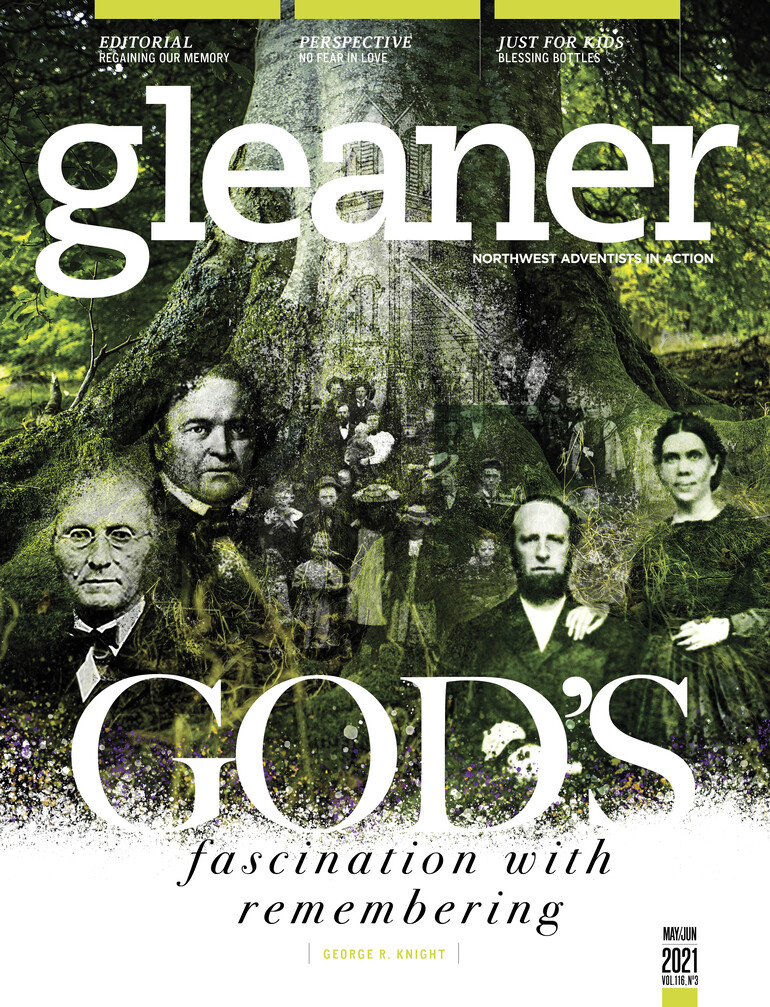"I believe in Jesus. I believe in God. I just don't know if I believe in the god I grew up with or Christianity."
I listened as my friend shared how he felt about his spiritual worldview. His honesty about something so deeply personal moved me in a way many Bible studies have not.
What I discovered from this socially distanced visit this week was enlightening. My friend's disassociation with the religion of his youth wasn't because he stopped believing. He no longer believes in what he sees as a flawed system. My friend has been deeply wounded by people who claim to be Christians. He's also disillusioned because no one has been able to provide satisfactory answers to difficult questions he has about the Bible.
My friend represents so many across the Pacific Northwest and the United States. He is part of the group known as the "nones," the fastest growing religious group in America. This group isn't necessarily atheists; in fact, most aren't. They're not necessarily antireligious; some of them believe in God.
A more precise term for my friend and others who identify with him would be the "religiously unaffiliated." According to recent research conducted by the Pew Research Center, they are the fastest-growing religious category in the U.S. Additionally they are the second-largest religious category in the country.
In Pew Research Center telephone surveys conducted in 2018 and 2019, 65% of American adults describe themselves as Christians when asked about their religion, down 12 percentage points over the past decade. Meanwhile, the religiously unaffiliated share of the population — people who describe their religious identity as atheist, agnostic or “nothing in particular” — now stands at 26%, up from 17% in 2009.
These numbers show a significant increase in religiously unaffiliated people. At the same time, as my conversation with my friend illustrates, there is a huge opportunity to minister to this growing segment of our population.
As I've talked with nones, something becomes quite clear. Many are open to the gospel and Christian friendships. This isn't merely anecdotal evidence. Current research supports this. In other words, we shouldn't write them off as unreachable.
Ed Stetzer, in a December 2020 article from Christianity Today, offers, "Creating spaces where the unaffiliated can express their doubts without judgment, demonstrating genuine care for people, and focusing on the gospel over current issues can help to build pathways to reach them."
My experience attests that Stetzer's advice is solid. I've been looking for ways to get to know people in my community. Whether it's a local business owner whose shop I patronize or a neighbor down the street, I'm seeking opportunities to build friendships. Simple things like joining my neighbor on their morning walk or inviting someone over for dinner creates time for meaninful conversations.
Stetzer says the best way to reach those with no religious affiliation is to first befriend them. I've made friends in my community, and in turn my life is so much richer. In addition, I'm seeing God at work. The Holy Spirit is orchestrating divine opportunities for me to encourage and have spiritual conversations with my new friends.
When we get to know people and make friends, we naturally create opportunities for meaningful conversations built on trust of honest relationships. God can and does use those relationships. We have "street cred" to share our faith journey and our personal witness.
It reminds me of an outreach method I seem to remember reading about before. Someone actually took a personal interest in people, met their needs and only then said, "Follow me."










